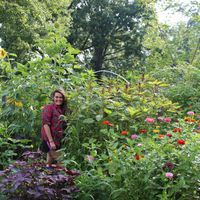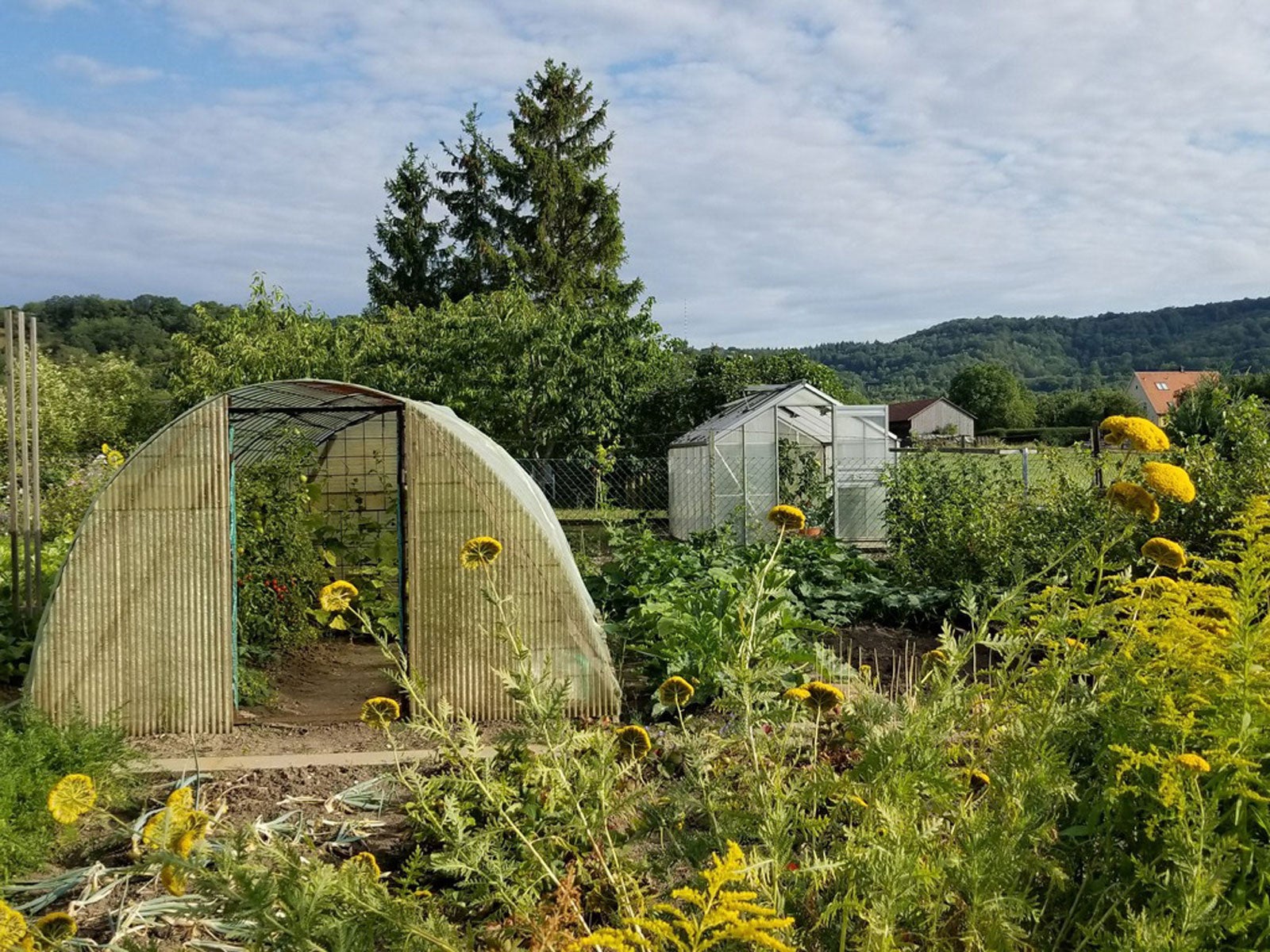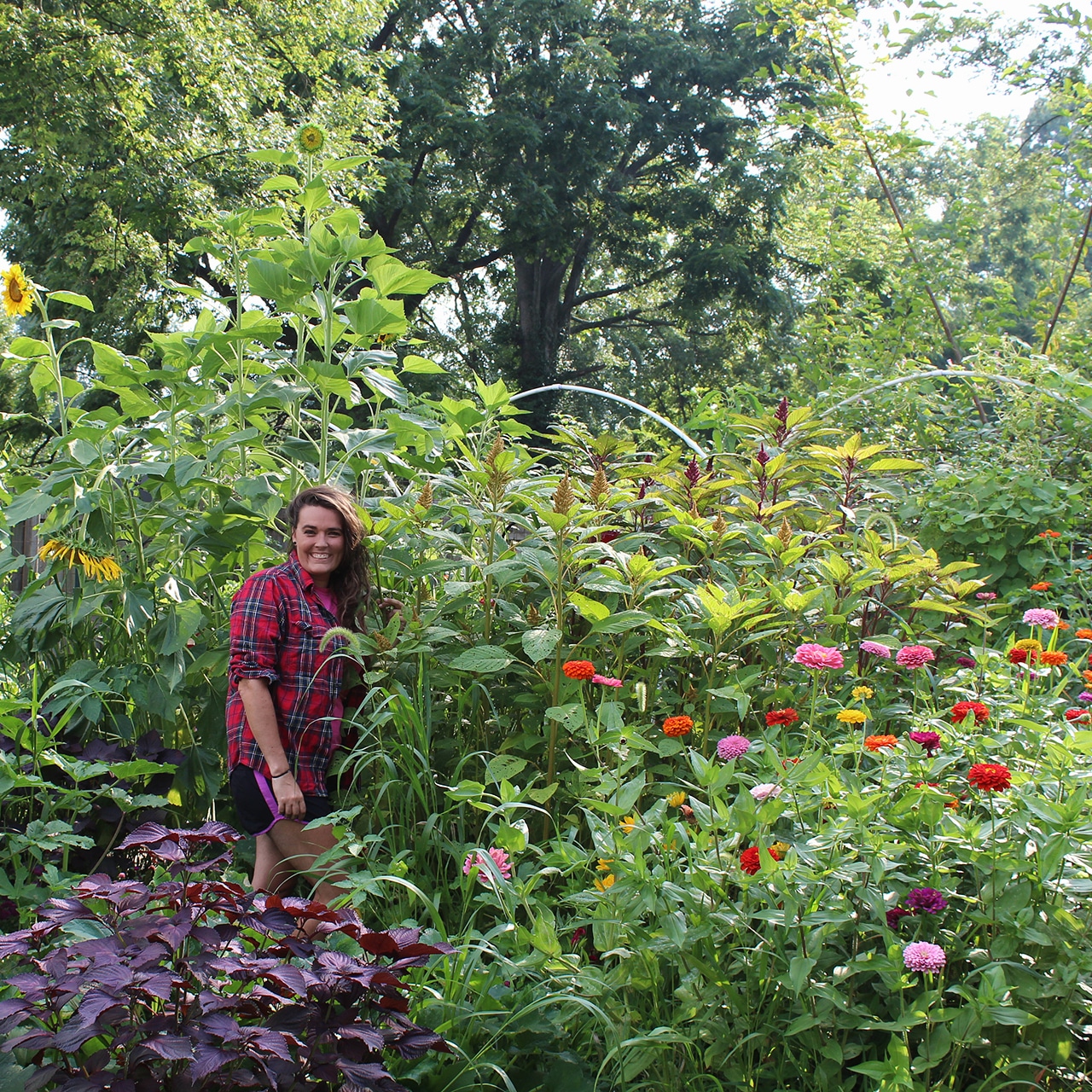Using Sustainable Methods: How To Achieve A Kinder Garden Approach


It's so easy to get swept away by images of immaculately kept green spaces. Lush weed-free gardens filled with blooms are a true thing of beauty. More experienced growers know the amount of time and effort required to achieve these results all too well – some relying on sprays and treatments to keep their garden looking its best. And while the use of fungicides, pesticides, and herbicides can be helpful in the garden, recent years have seen a noticeable shift toward a kinder, gentler gardening approach. Let’s learn more about this sustainable method.
What is a Gentle Gardening Approach?
The gentle gardening approach, or gardening with kindness, is a phrase most commonly used by those who maintain their growing space by using sustainable methods. Whether growing houseplants in pots or planting a large vegetable patch, gardeners have started to focus on sustaining a healthy garden ecosystem through the use of natural means.
Gardening with kindness dismisses the use of chemical sprays, fertilizers, and other potentially damaging products and replaces them with a more natural and holistic approach.
Kinder, Gentler Gardening Methods
Kinder, gentler gardening moves beyond the simple focus of organic gardening methods. Gardening with kindness considers the grower’s overall impact on the plants, the soil, the native garden wildlife and, ultimately, the planet. In addition to using sustainable methods, you can garden with diversified plantings that are attractive to various pollinators and beneficial insects. Many who utilize the gentle gardening approach emphasize their increased yields as well as overall crop improvement.
Other key elements of gardening with kindness include paying attention to crop rotation to maintain soil vitality, and using various planting techniques. Both interplanting and companion planting are believed to be beneficial within vegetable beds. Soil health is key in maintaining healthy plants.
In the past, many commercial fertilizers have been found to disturb various soil qualities and create nutrient imbalances. Rather than using these fertilizers, using sustainable methods help make the shift towards humus and compost.
Various types of herbicides and fungicides have also been found to create disturbance among organisms in the soil. With the elimination of these products, those of us who garden with kindness choose to create a thriving base from which plants are able to grow and thrive.
Sign up for the Gardening Know How newsletter today and receive a free copy of our e-book "How to Grow Delicious Tomatoes".

Tonya Barnett has been gardening for 13 years. Flowers are her passion. She has transformed her backyard into a cut flower garden, which she regularly chronicles on her YouTube channel http://www.youtube.com/@tonyawiththeflowers.